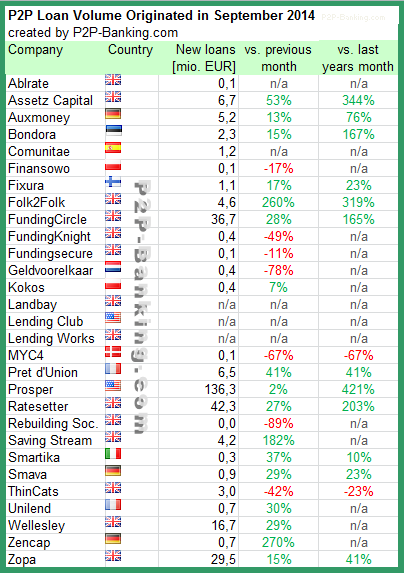Seedrs, a UK crowdinvestment platform, has announced that it acquired California based Junction Investments. Seedrs plans to use this acquisition to expand to the United States in early 2015. Junction’s co-founders, Adam Kaufman and Brian Goldsmith, are now Co-Heads of Seedrs America, and they will be leading this expansion.
Seedrs was already open to international investors and startups, but so far the focus was clearly on the UK and Europe.
Seedrs on building a global platform: ‘A founding principle of Seedrs is that investment in startups and growth businesses should be global. We believe in a future where entrepreneurs and investors from all over the world can connect online. Investors should be able to discover and invest in opportunities anywhere, and entrepreneurs should be able to access capital worldwide.
Financial regulation remains largely national or regional, however, and compliance with applicable law has always been a non-negotiable element of Seedrs’s approach to business. Building a global platform is thus a multi-stage process that involves identifying the right approaches and partners in different jurisdictions.
Having opened across Europe at the end of 2013, we began to look at the U.S. market at the beginning of this year. The U.S. has been slower to embrace equity crowdfunding than the UK and Europe have, and full-scale crowdfunding is not yet possible there. But with the opening of online investment to accredited investors at the end of last year (under Title II of the JOBS Act), and the prospect of wider crowdfunding on the horizon (under the yet-to-be-implemented Title III of the JOBS Act, or an amended version thereof), we feel that now is the right time to begin building our U.S. presence.’
My take: This is one of the first international mergers in the equity crowdfunding space. It will be interesting to see if and how other players do on taking internationalisation beyond Europe.
 What are the three main advantages for investors?
What are the three main advantages for investors? Recent trend in Japan
Recent trend in Japan